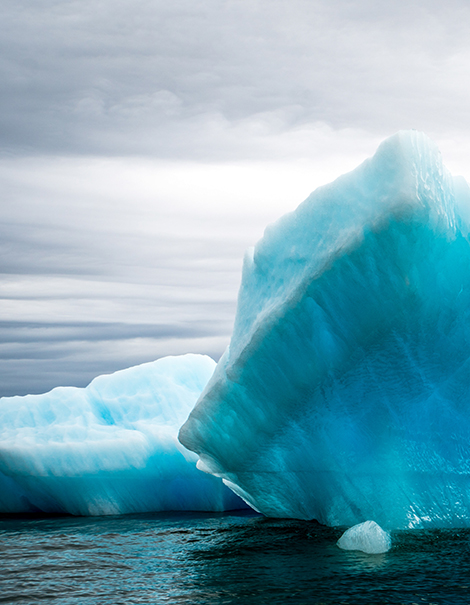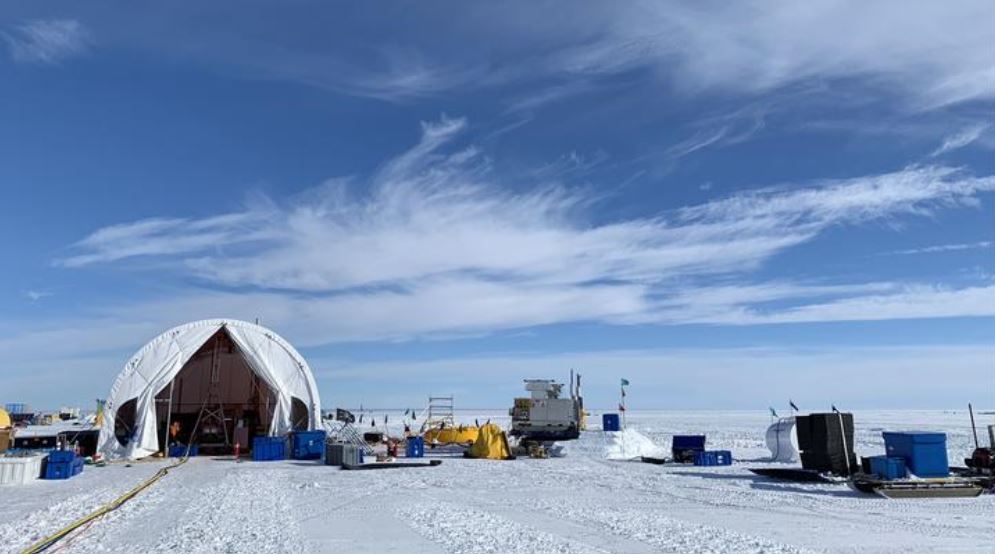“The Antarctic Research Centre is making a crucial contribution to global efforts to improve predictions of how the polar ice sheets will melt and contribute to sea-level rise and, more specifically, what the impacts will be for New Zealand,” team leader Professor Tim Naish says.
“Antarctica holds 70 percent of the world’s fresh water and 90 percent of its ice that, if melted, could raise global sea levels by 60 metres. It creates and directs the flow of ocean currents around the world, transporting vast volumes of heat. The surrounding Southern Ocean produces nutrients that feed the world’s oceans.
“We have found that Antarctica is very sensitive to small changes in global climate, and it is often referred to as a bellwether for the rest of the world in the face of climate change and related ecological and environmental crises.
“Although most nations have scaled down their Antarctic science activities in an attempt to keep the continent free of COVID-19, and many governments are falling behind on action required by the Paris Climate Agreement, global warming remains our planet’s biggest existential threat,” Tim says.








